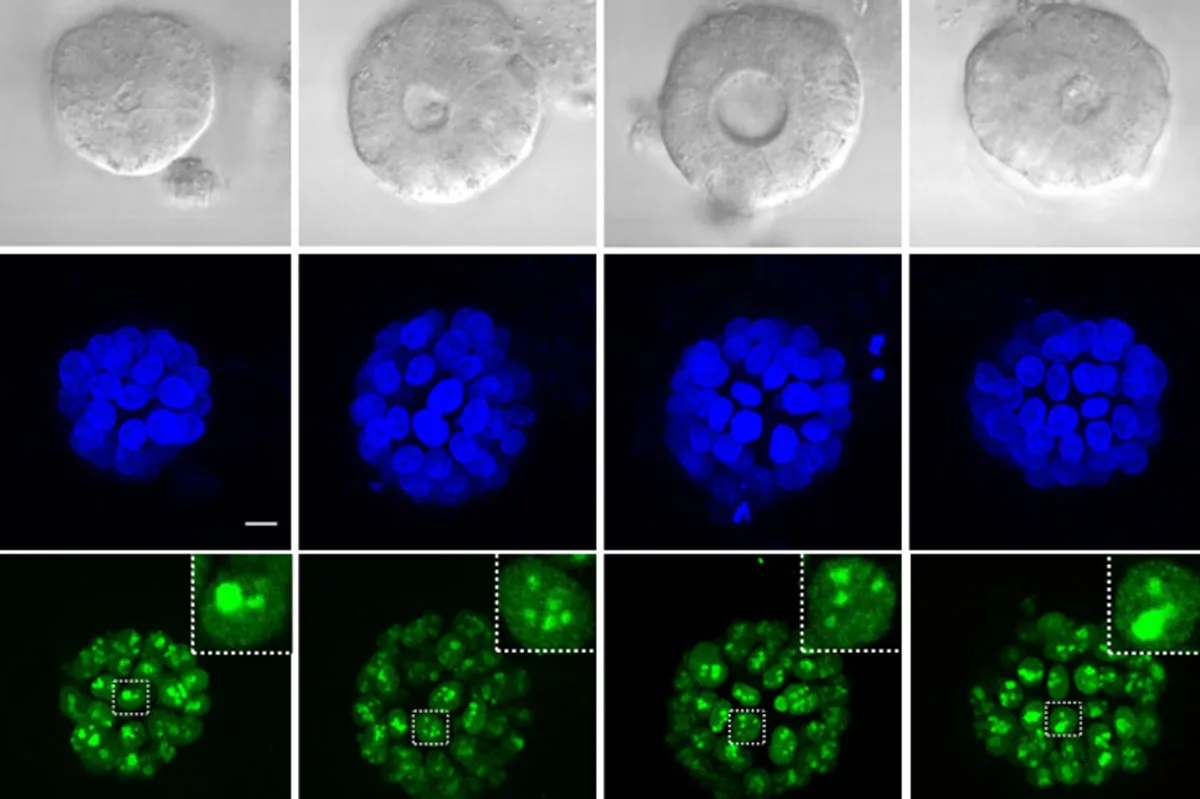The substance use disorder crisis continues to escalate, with over 278,000 deaths reported in 2020 alone, including more than 91,000 from overdoses. Fast forward to 2023, and the situation has deteriorated, with an additional increase of over 25,000 overdose deaths. This ongoing epidemic faces significant hurdles, including societal stigma, insufficient understanding of its neurobiological origins, and a sluggish pace of innovation compared to other health crises.
In response, groundbreaking initiatives at MIT are driving innovations in the realm of substance use disorder treatment and research. Hanna Adeyema, MBA ’13, the director of MIT Bootcamps at MIT Open Learning, and Carolina Haass-Koffler, associate professor of psychiatry and human behavior at Brown University, are leading these efforts.
Adeyema is spearheading the upcoming MIT Bootcamps Substance Use Disorder (SUD) Ventures program. With experience as the chief operating officer and co-founder of Tenacity, a startup aimed at reducing burnout among call center workers, her expertise will be vital. Haass-Koffler, a translational investigator, merges preclinical and clinical research focusing on the biobehavioral aspects of addiction while developing innovative treatment options. Notably, she was a finalist in the 2023-24 MIT-Royalty Pharma Prize Competition for female entrepreneurs in biotech and secured funding for proof-of-concept projects through the 2024 Brown Biomedical Innovation to Impact initiative. In 2023, she created a substance use disorder 101 course for the SUD Ventures program, further bolstered by NIH funding for innovation initiatives in the field.
Q: What are the primary challenges facing advancements in substance use disorder research and treatment?
Adeyema: The intricate landscape of the substance use disorder market poses a significant barrier to translating research into practical applications. Innovators must possess deep technical knowledge along with an understanding of federal and state regulations, payer systems, and communication with vulnerable populations. Furthermore, they need to master the art of pitching to specialized investors and selling to healthcare institutions simultaneously.
Addressing this crisis necessitates a multidisciplinary approach, engaging healthcare innovators, researchers, and policymakers alike. MIT stands as a pillar for this collaboration, boasting a community capable of tackling societal issues comprehensively. An excellent instance of this synergy is our partnership with the National Institutes of Health (NIH) and the National Institute of Drug Abuse to launch the SUD Ventures program, aimed at energizing innovation in substance use disorder with practical applications and pathways to securing federal funding.
Haass-Koffler: Beyond the scope of substance use disorder, the healthcare landscape is riddled with challenges such as insurance reimbursement, resource scarcity, and clinician shortages. For substance use disorder specifically, additional hurdles exist for patients, clinicians, and innovators. Clinically, providers struggle with insufficient resources and limited time to conduct comprehensive substance use assessments during brief patient visits. As many affected individuals come from low-income backgrounds, barriers such as stigma and confidentiality compound these issues, complicating the development of new treatment strategies.
On a broader scale, the lack of integrated prevention, diagnosis, and treatment of substance use disorder within healthcare settings exacerbates the challenge. Establishing a collaborative environment that bridges researchers, clinicians, and engineers will foster a vibrant community focused on solving the most pressing issues in treating this complex disorder.
Q: What distinguishes the SUD Ventures program’s approach to innovation in substance use disorder?
Adeyema: Conventional innovation programs often center their curriculum around entrepreneurship and business principles tailored to health-related fields. However, these programs usually emphasize theoretical knowledge over practical skill-building, neglecting the fundamental ecosystem necessary for startup successes, particularly in healthcare.
Our innovative program seeks to unite leading U.S. researchers in substance use disorder with experts from various fields. By leveraging MIT’s engineering prowess and clinical expertise from esteemed institutions like Massachusetts General Hospital and Harvard University, we aim to create dynamic teams focused on viable solutions within this critical area. Participants will engage in team collaborations to craft solutions while being mentored by seasoned MIT entrepreneurs who have navigated and succeeded in healthcare startups.
Acknowledging the unique challenges faced by the field, the SUD Ventures program will utilize constantly updated industry case studies presented by practitioners, providing participants with valuable insights that extend beyond the program duration.
Q: What is the future landscape of innovation in treating substance use disorder, and what promising therapies are on the horizon?
Haass-Koffler: The potential for technological advancements in addressing substance use disorder is boundless. Traditionally, the focus has leaned heavily on neurobiology, particularly the brain, although the complex nature of this disorder lacks definitive biomarkers, complicating diagnosis and management. Recognizing the brain’s interplay with various bodily systems opens the door to interventions beyond the central nervous system, paving the way for more effective treatments.
To enhance treatment efficiency, we require technological innovations that accurately probe brain function and monitor responses. Such breakthroughs might facilitate customized therapeutic approaches, enable earlier diagnoses, and elevate patient care standards.
Just as continuous glucose monitoring transformed diabetes care, similar innovations could be revolutionary for tracking medication responses and preventing adverse events in substance use disorder patients. The dual objectives of saving lives through overdose prevention and enhancing patients’ quality of life during their treatment journey encapsulate the future of addressing substance use disorder. I remain optimistic about our strides toward effective solutions with sufficient governmental and political backing to improve individual lives and society as a whole.
This program and its research are made possible with support from the National Institute on Drug Abuse (NIDA) under the National Institutes of Health (NIH). Cynthia Breazeal, a professor of media arts and sciences at the MIT Media Lab and the dean for digital learning at MIT Open Learning, is the principal investigator overseeing the grant.
Photo credit & article inspired by: Massachusetts Institute of Technology



